Commissioner Sinkevičius and Roby Biwer, Committee of the Regions, presenting the Cross-border cooperation and Networking award to Jan Plesník from the Nature Conservation Agency, Czech Republic.

About the project
- Title
Joint efforts for safe and wildlife-friendly transportation networks in the Carpathians
- Main applicant
Nature Conservation Agency of the Czech Republic
- Category
Cross-border cooperation and Networking
- Countries involved
Czech Republic
- Main N2000 site
Multiple Natura 2000 sites in the Czech Republic, Slovakia and Romania
Overview
The Carpathian Mountains are one of the richest natural areas in Europe, hosting an enormous diversity of habitats, fauna and flora, protected to a large extent by the Natura 2000 network. However, overpast decades, the sustainable development of this region has been challenged by a rapid growth in transport infrastructure. This has had a negative impact on populations of many species, especially animals that are dependent upon moving freely across the landscape, beyond the borders of individual Natura 2000 sites.
This increasingly important issue of landscape fragmentation led to the establishment of an international interdisciplinary cooperation within the EU Interreg-funded TRANSGREEN project. The project was led by WWF in Central and Eastern Europe. The networking initiative involved 16 partners from six countries (the Czech Republic, Romania, Austria, Hungary, Slovakia and the non-EU member Ukraine). Together, they represent a wide cross section of sectors (nature conservation, transport and spatial planning), and institutions (public authorities, scientific institutions, NGOs, private business and international organisations) at all levels (local, regional, national and transnational). Roby Biwer, Committee of the Regions, presenting the Award said: “Covering six countries, 16 partners and multiple Natura 2000 sites over a very large area of the Carpathians: if this isn’t true cross border cooperation, then what is?” Mr. Biwer pointed out that the project not only encouraged cooperation between people but also, if not exactly cooperation, at least communication between other species, with large carnivores and herbivore populations better connected thanks to the activities carried out.
This interdisciplinary cooperation, distributed over a large geographical area, worked together through cross-border networking to share experiences and best practices, and stimulate discussion amongst all relevant sectors. The partnership focused in particular on activities that would lead to an improved planning framework and the development of safe and environmentally-friendly road and rail transport solutions. This included, amongst others: data collection, joint field work in three selected pilot areas (Kysuce–Beskydy (CZ-SK), Arad–Deva (RO), Tirgu Mures-lasi (RO)), capacity building, stakeholder meetings, and seminars. As a result, joint methodologies have been developed for monitoring collisions and road-kills, and three in-depth analyses and ‘Catalogues of Measures’ have been produced for the three pilot areas. The final outcome that was coordinated by the Nature Conservation Agency of the Czech Republic is a comprehensive package of materials called - ‘Guidelines for Wildlife and Traffic in the Carpathians’ - which describes and recommends integrated transport infrastructure planning, construction, management and monitoring that take into account biodiversity conservation and minimise landscape fragmentation. These guidelines will be pushed forward as unified guidelines or policies in all involved Carpathian countries as part of the implementation of the Carpathian Convention.
Accepting the prize on behalf of the partnership, Dr. Jan Plesník from the Nature Conservation Agency of the Czech Republic expressed his thanks for the recognition of their significant efforts. He said that the strength of the project was the partnership that had been established with public agencies, scientists, experts, NGOs and private business in many countries and domains working together. The Carpathian Convention has also been of great help in encouraging collaboration. “This partnership has helped us dealing with specific issues to avoid fragmentation and to help wildlife move across highly cultivated areas”, Dr. Plesnik concluded.
Local event
To celebrate winning the Natura 2000 Award in 2020 for the Cross-border cooperation and Networking category, the Nature Conservation Agency of the Czech Republic (NCA CR) hosted a local event from 16-18 March 2022 close to the Natura 2000 “Beskydy Protected Landscape Area” site. The event was attended by various representatives of the State Nature Conservancy of the Slovak Republic, practitioners working in relevant protected areas, members of the NCA CR as well as media representatives.
The participants came together for an official dinner with a conference the following day. The conference focused on cross-border conservation measures for different species within the Carpathian area, with an emphasis on large carnivores. The aim of the conference was to develop a new cross-border cooperation plan for the upcoming two years. To conclude the event, the hosts organised an excursion to three ecological corridors (e.g. railway underpasses), which facilitate the movement of large carnivores in the Czech-Slovak border region.
Media
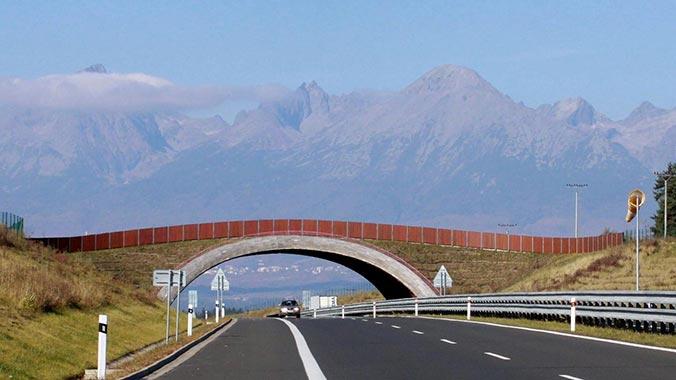
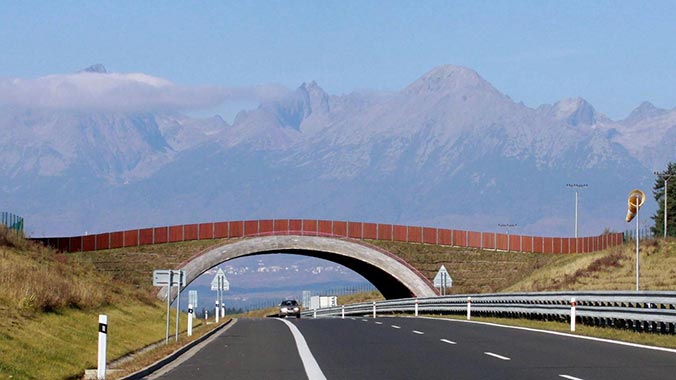
Nature Conservation Agency of the Czech RepublicNature Conservation Agency of the Czech Republic 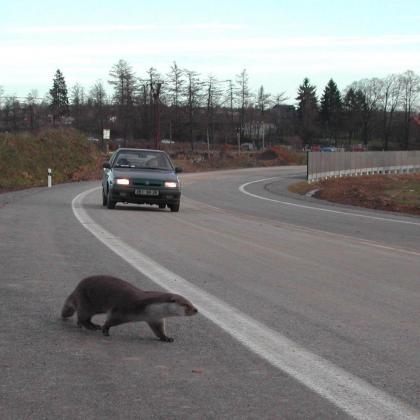
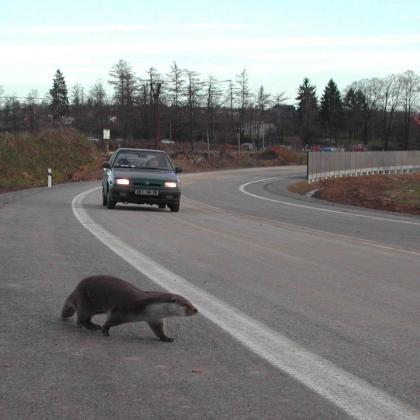
Nature Conservation Agency of the Czech RepublicNature Conservation Agency of the Czech Republic 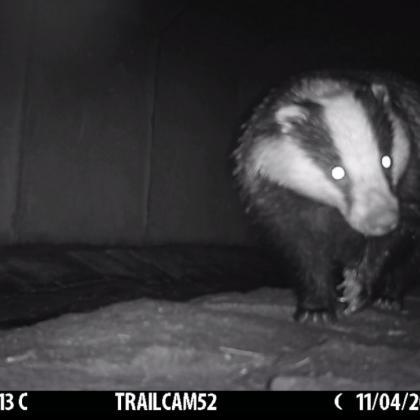
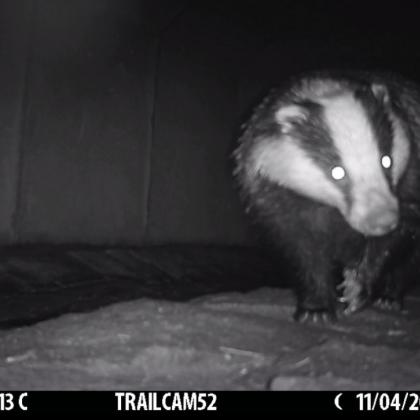
European Natura 2000 Award Ceremony Best MomentsEuropean Natura 2000 Award Ceremony Best Moments 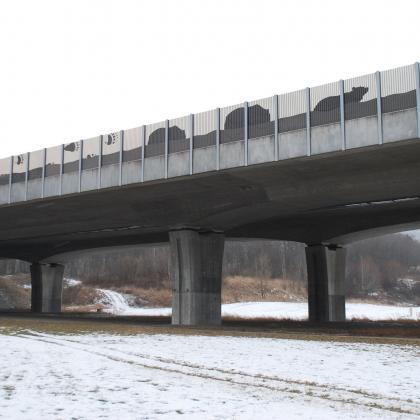
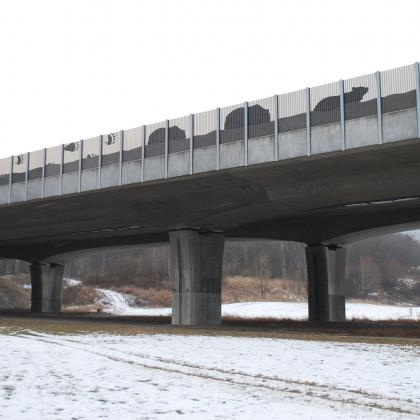
Nature Conservation Agency of the Czech RepublicNature Conservation Agency of the Czech Republic 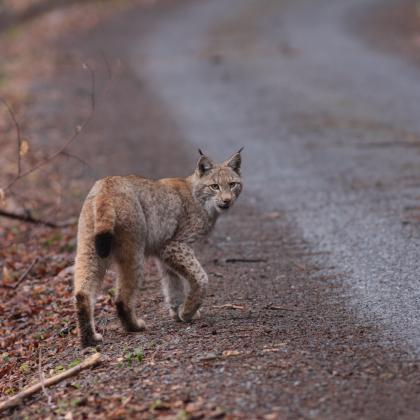
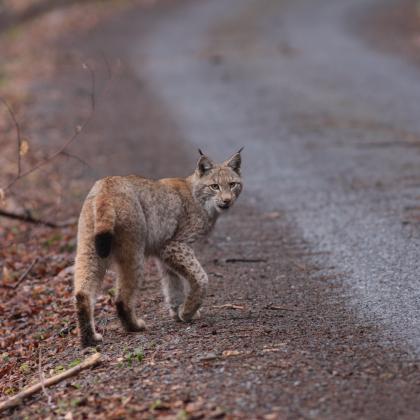
Nature Conservation Agency of the Czech RepublicNature Conservation Agency of the Czech Republic
